A Real Third-Party Piano Buying Guide
-- Written in Melbourne
This is probably the most unique buying guide you can get on the market.
- this is not written by a piano brand or a piano shop
- I am a piano everyday user. I play pianos everyday.
- I am a 'real' piano technician (not just tuning and repair)
- At least 3 people started from 0 and now can play the piece they love started from my help.
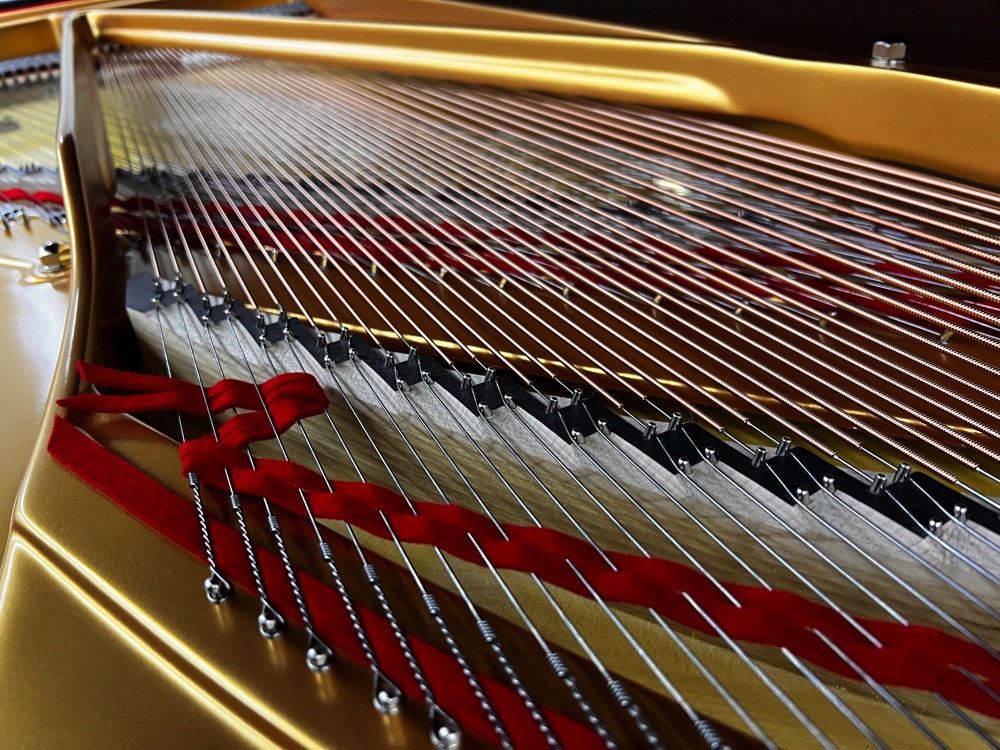
Before I start talking about buying a piano, I need to show you a paradox:
Rarely there is a person who are both a serious piano technician and a serious piano player.
It has a reason and i will show you later
But, I am that person.
Which means I started playing piano since I was 6. Studied with a teacher. Practiced everyday for more than a decade.
And
I started tuning pianos since I was in high school. Later, I studied with the best technician and aiming to be the best piano technician.
I need to study from an experienced concert piano technician to know What is a perfect grand piano.
Wait!
Why grand?
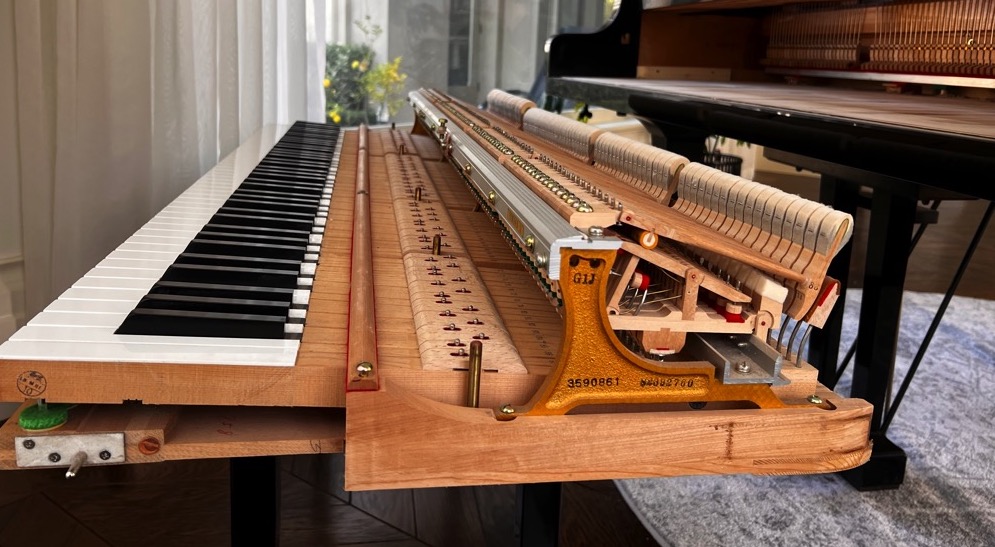
Only grand is how a piano suppose to be.
Why technician rather than tuner?
A Tuner is just make its pitch correct, while a piano technician's job is make beauty. It is like an artist. The job basically is making a furniture called 'piano' to be a good instrument and make its best sound under the best control(regulation).
Why study from concert technician rather than just observe more brand new pianos?
It is ultimately the technician that actually determines how your piano touches like and sound like. A brand new piano, however expensive it is, the adjustments and voice usually are far from perfect and concert level.
But, these extra knowledges and trainings make me feels very awkward and sad
It stops me to enjoy the pianos
Everytime when I start playing a piano, even the best piano out of the box, I would pick up a lot of problems while playing a simple piece. I would stop playing and think where this piano can be improved and what is the potential problem.
Voicing or regulation, or strings?
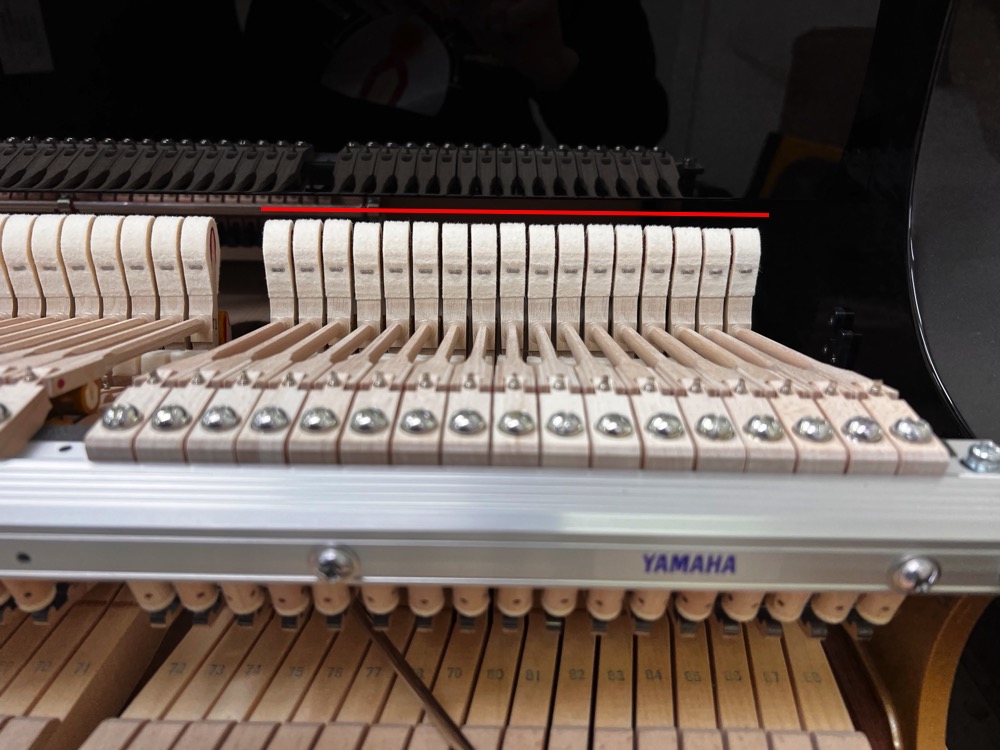 ↑A brand new grand with uneven hammers
↑A brand new grand with uneven hammers
Therefore, I end up to own just the cheapest electric piano, as there is nothing i can change on it.
Now, everytime when i actually want to practice playing or perform for my friends, I would shut up my brain of a good piano technician. Just play the music, try to express the most self on the limited tool.
Whatever it is on a concert grand, or on the free piano on the street.
To be a good pianist, expressing is the most important.
The 'what' is always more important than 'how'.
What can you learn from my story?
-
There is no perfect piano. All the pianos can be improved regardless if it is a brand new or a 70 years old. Cheap or the most expensive one.
-
To be a good pianist, you should be focused on the music itself. and don't pay too much attention on the piano. You don't need a perfect piano to practice.
-
Any piano is changing all the time.
So now, When i say any piano can be improved, what does it actually mean?
Does it mean all the pianos have problems?
Is it simply because I have the highest standard?
Now I want to show you the most important thing in this guide. If you forget everthing, please remember this:
NO TWO PIANOS ARE THE SAME.
Seriously different.
Badly different.
Different in a bad way.
Even they are the same model from the same company and made on the same date.
How different this can be?
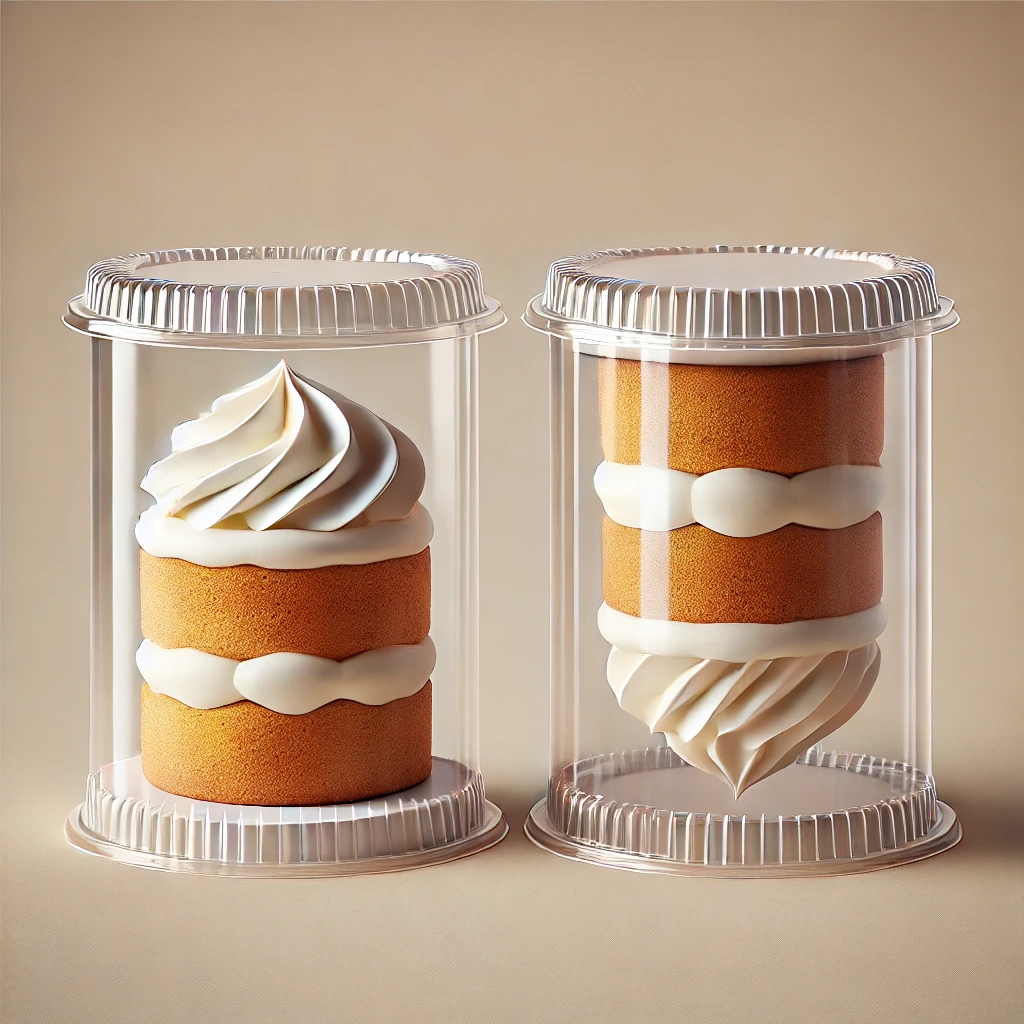
The difference sometimes can be like you go to the bakery and ordered two same cakes.
One is a normal cake with cream on the top. The other one is mistakenly made upside down with the cream on the bottom.
They are the same model from the same place made with the same ingredients, with the same weight even with the same look (if you turn it upside down)
But they can taste totally different with totally different experience.
Thats how two pianos can be different.
And because of the cost of the piano and you actually cannot see the problems without a detailed comparison, piano factories will deliver the pianos anyway if they looks like a piano.
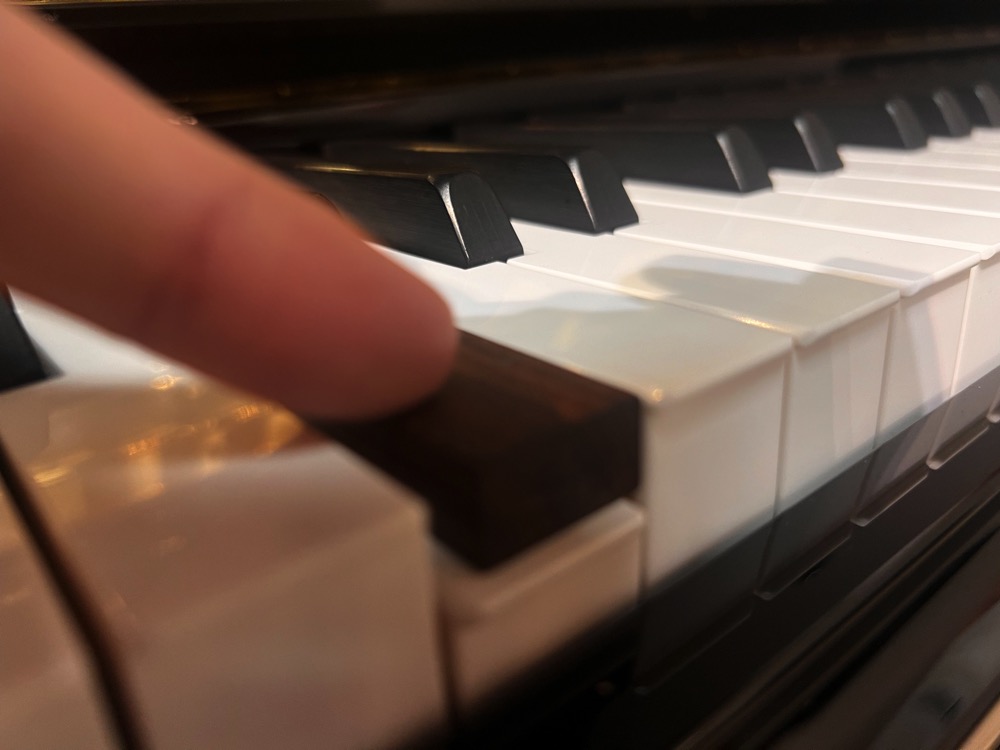 ↑Test key depth with a key depth block.
↑Test key depth with a key depth block.
You will find each brand new same model piano are having different key depths. Also, often you would find it is inconsistent over the whole piano.
We are not talking about just Chinese cheap pianos. We include Steinway as well.
Here is a Steinway S with the black key height totally unacceptably high. You can even notice it by just looking.
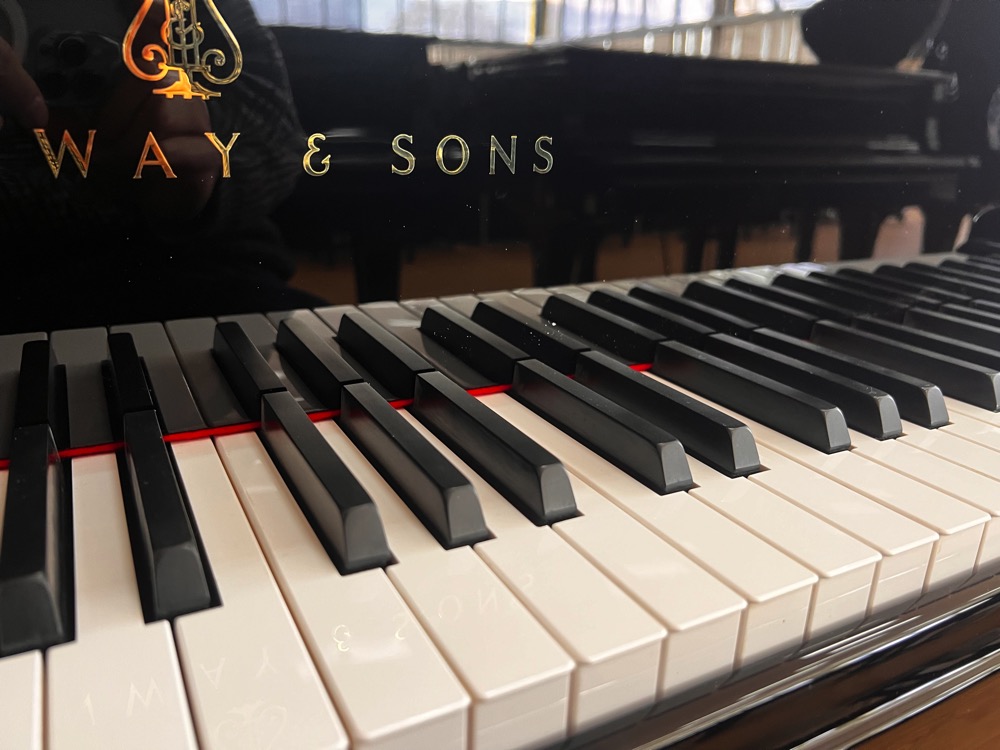
You are very likely to get a piano that is not the piano company meant to produce.
That is why a piano is just a furniture without a technician brain checking on it.
A furniture is good enough when it looks good.
When two chairs are the same they are the same.
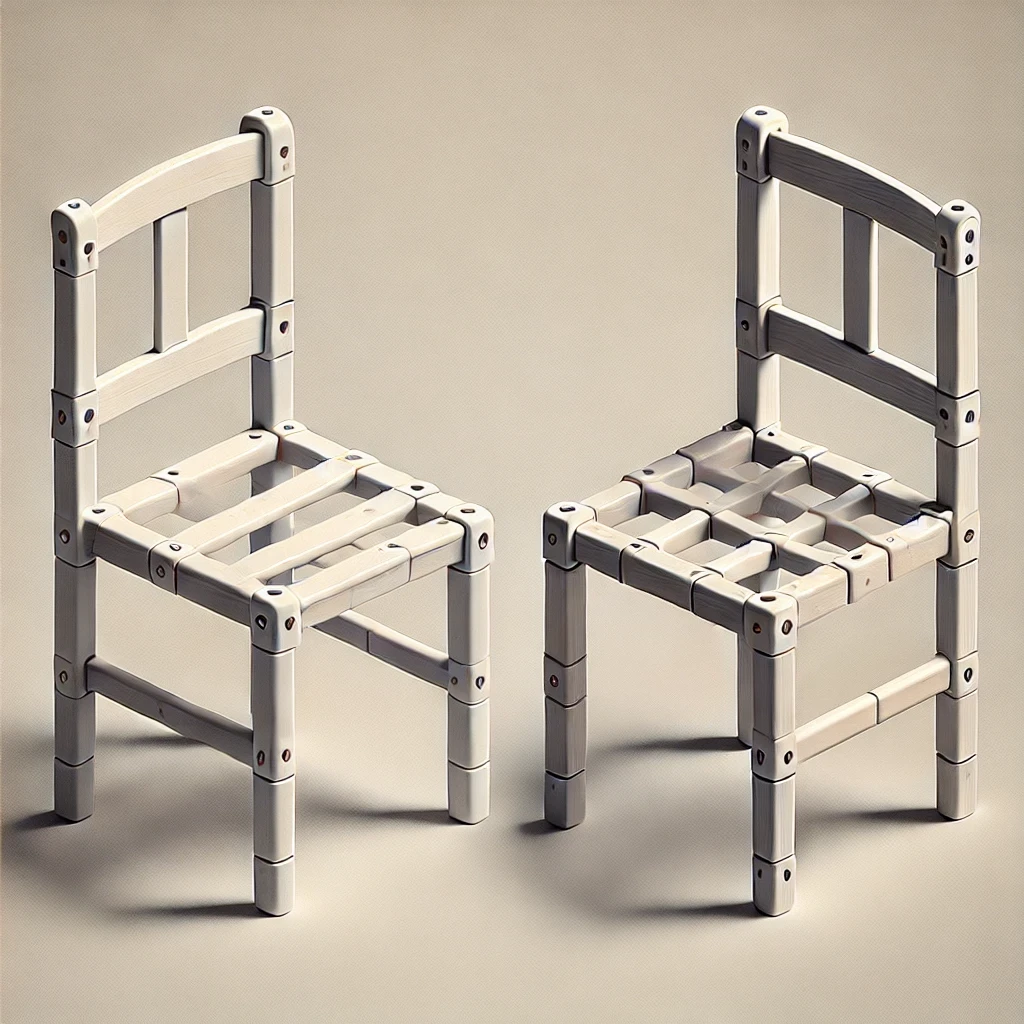
Pianos are not.
So it is really wrong when someone tells you this is how model X sounds like.
Each piano can sound totally different from each other and touches differently.
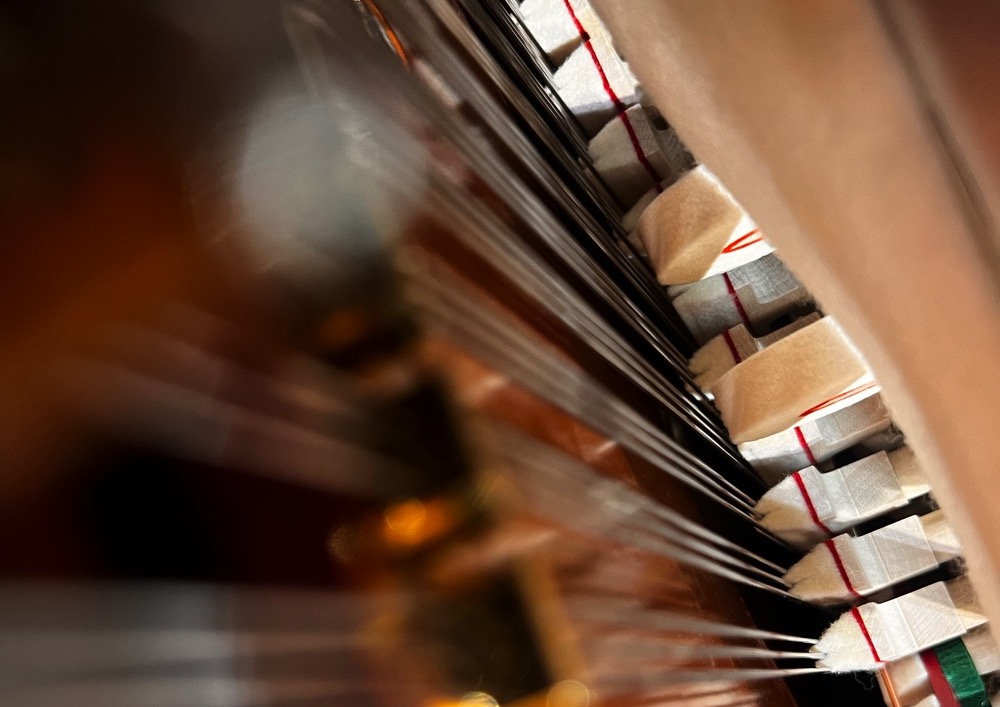
↑This Bösendorfer has an inconsistent let-off distance.
It is too complicated + too many things are affecting the sound it will make. Too many things are affecting the wood parts to react differently to your 10mm pressing.
Now we can talk about the difference a technician can make.
Some people asked me to show them how I am going to improve their piano.
"Tell me the difference between this old key and this key you just processed."
Here is the second important point:
It is never about a single note (or string)
Probably I will only answer like 'it will be slightly more responsive.'
But the language is very plain.
Once everything is slightly better and consistently better. We can use the word "amazing" to describe this piano.
You would be shocked by the final results.
Let's just use tuning as an example.
When one string on a guitar is out of tune, you just tune it and you can hear a huge before and after.
But on a piano, you would never get such improvements just by tuning one string.
As one string on a guitar actually controls at least 10+ notes it can play.
But on a piano, one string often only affects 1/3 of one note. It is always one string at a time and gradually, you get a harmonized piano and in the end it sounds much better.
Like everything, when small improvements are accumulated, it is huge.
When everything is a little bit 'just OK', the whole thing is a rubbish.
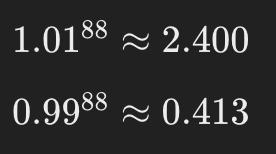
Same for a good and bad piano. You can never reach the perfect, but once you improve little bit on each key and times 88, you will end up getting an amazing piano.
So what makes a good piano?
-
The furniture part of the piano: The sound board decide the body of the piano sound. Loudness and richness.
This can go wrong too on a brand new piano as no two pieces of wood are the same.
-
The way it responds: the touch of playing can be improved by make a precised performance adjustment.
This usually is luck. As the top technician are even rare in a factory however much you paid for your piano, you probably are still on a 50% of change to get a performance adjustment.
-
The voice of your piano: the unique sound made by unique hammers This step is the same as the regulation 50% of chance you get a mediocore one.
-
Tuning: A good tuning can change the voice of a piano This is totally not up to the piano company. It is the last tuner you used. The shop free tuning usually are the lowest paid worker they can find on the market. As the more they save the more they can earn.
Let's now back to buying a piano.
Here is the takeaways:
-
Don't over exaggerate the model of the piano as all the pianos are different.
Treat each piano as equal. Don't judge the furniture part of it. The model ONLY affects the look.
-
Don't focus too much on how much it is on the tag. Remember, it is never about the furniture.
So what is the meaning of paying the extra money on a piano? Some pianos are 10 times more expensive than the others.
The answer is: You are buying a potential.
As nowadays, those who actually own the highend pianos are not the professional users, the brands cares less and less about the how it actually plays like.
Because of my job, I have visited many many piano users. Very typical observation is that those who actually own a very expensive piano, cannot play very well.
Rarely you can find a piano user whose skill is matching his piano.
Therefore the piano companies care more about the thing that you can see rather than the sound you can hear and the touch you can feel.
As what you can see means what you willing to pay extra money.
They will tell you what is the wood of the soundboard. How many years they have been waiting to be a piano. They would tell you their action is well designed to act fast.
But those things are just potentials.
Wait, but why those pianos in the shop do sounds good.
Especially those brand new and more expensive ones.
Well this may be interesting:
They pay the tuning of an old piano $90, less than half of what they pay for those brand new pianos.
Without the best tuning, the soundboard can never make a harmonised sound. Without the action adjustment, it can never act like it designed to be. Without the good voicing, it would never sound like a piano.
It is a big shame that I saw many grand piano lost their potential before their potential was realised.
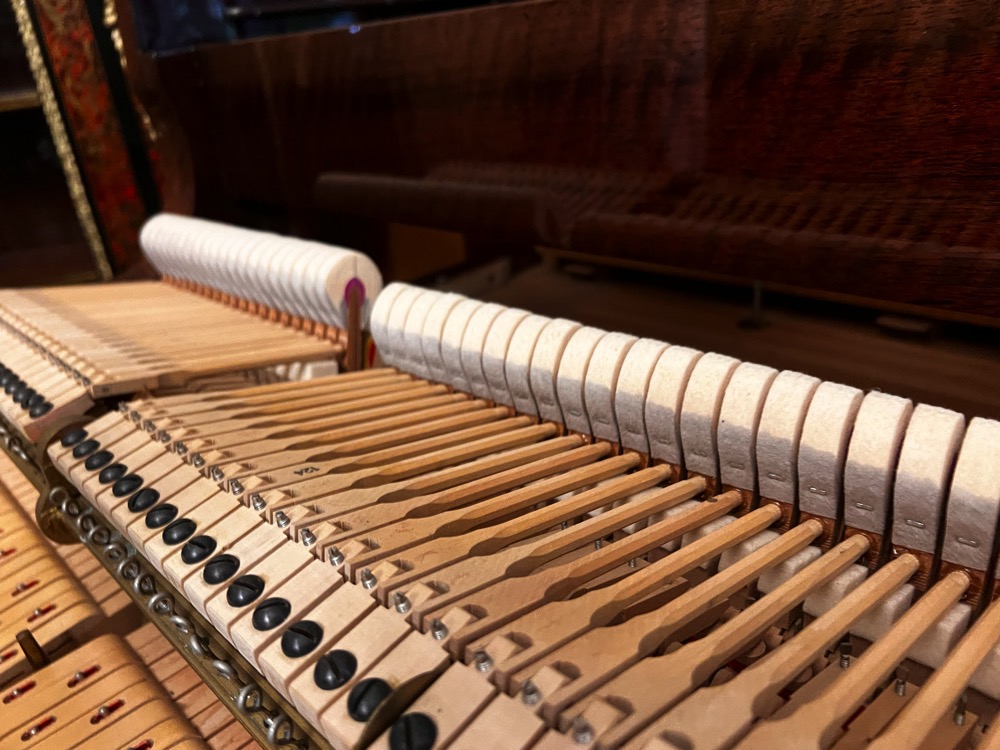
↑A Steinway Model A grand, previously owned by PLC School has not undergone any regulation plays like a 100 years old free piano
As they have been sitting there for more than 30 years and never been adjusted or properly tuned, these steinways have never been steinways.
The free tunning you will get from the shop usually are the worst quality one.
Same with any piano models.
It is just marketing.
Why this piano is selling more expensive than that one? Because that one use less expensively sourced wood?
Because wood is something you can actually see on the furniture part.
But you always can find a very cheap piano sounds impressively amazing and an expensive piano sounds like a cheap tin can.
Sometimes the amazing piano could be a vintage U1.
Just like in the article The Truth Piano Shops Don't Want You to Know, I said you can never get a proper service if you buy a brand new piano.
As the dealer wants as much earning as possible. Most of them would find the cheapest man to do this job and most of them are just tuners. They would never touch your action as it is brand new. It is less risky to just tune it.
Even if you bought a grand piano that is already very expensive or the highest on the series, they are still far away from where their potentials are.
So how to get a reasonably good piano?
It's time for someone to reveal the true nature of the piano world.
It has been too long the customers are fooled by the 'furniture' and marketing part of the piano.
We are here to give you another option from the brand new furnitures:
Step one
Choose a piano that you really love by actually trying different pianos.
Listen to the body of the sound. As the body of the sound usually are the potential of this piano.
When i say body. I mean the sound after the hitting.
Is the sound long enough?
Is it rich?
Is it loud enough?
It applies to both grand piano and upright. But grand pianos needs more experience to tell.
(If this is very hard for you we can support you to pick one). Forget about sticky keys. These are easy for Flow piano to fix for you. Focus on the body of the sound.
Step two
Hire Flow Piano technician to make it into a real tuning, regulation, and voicing that beats the brand new pianos.
This way you are really shopping an soul instrument, rather than shopping a fancy furniture.
It may sounds more complicated. But it worth it.
Piano has personality.
Like someone you love.
Talking about love,
it is never about how much money you spend on someone. It is about how much quality connection you have together.
The more connection you and me put on your loved piano, the more you will enjoy from this friendship. It is about you and your piano.
The quality time starts with you picking the right one.
- You cannot expect a perfect piano. However new, however expensive. It is the technician who provides the final sound.
- Each piano is badly different. Treat them equally.
- Pick the Piano with listening to the body of the sound.
- Even brand new expensive pianos are more like a furniture.
- Remember what you paid is called "potential".
- Only grands are how pianos suppose to be. Less than 1 in 10 tuners actually knows how to do a grand piano action work
- Voicing is the soul of the piano sound. It requires years of practice and training. Same, it may not be perfect on the brand new piano.
